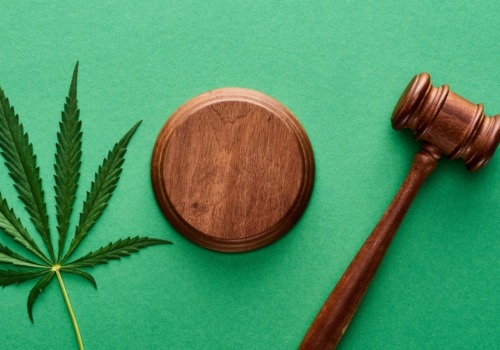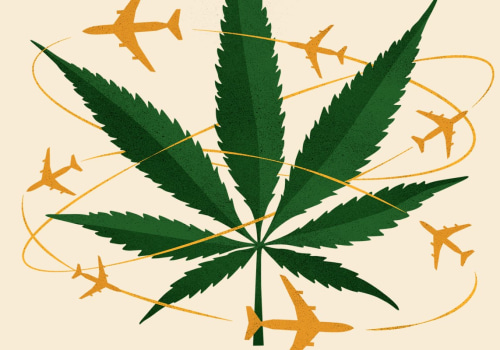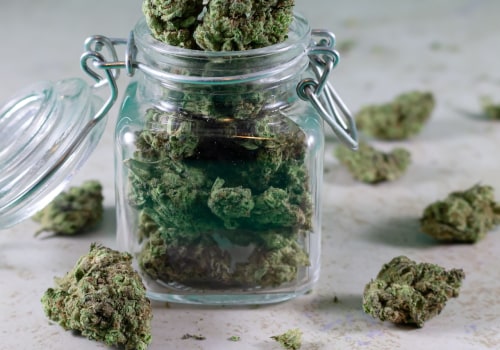In the United States, the use of cannabis for medical purposes is legal in 37 states, four out of five United States permanently inhabited. See Table 1 below for more information. NCSL's policy on state cannabis laws can be found in Additional Resources below. States with medical cannabis laws generally have some type of patient registry, which can provide some protection against arrest for possession of up to a certain number of products for personal medical use.
Some of the most common policy questions regarding medical cannabis include how to regulate its recommendation, dispensing, and registration of approved patients. Some small cannabis growers or are often referred to as caregivers and can grow a certain number of plants per patient. This issue can also be regulated at the local level, in addition to any state regulation. S 710 B (200) - The legislature overturned the governor's veto, SB 791 (200) SB 185 (200 Kansas*) (It's not marked on the map above because the state doesn't regulate the production or sale of low-CBD products.
SB 339 (201) Texas Compassionate Use Act Marijuana State Policy covered in episode 4 of the NCSL podcast, Our American States. You can find it on our website or subscribe to the podcast on iTunes, Google Play, or your favorite podcast app. In addition to being legal in these U.S. The U.S., Alabama, Idaho, Nebraska, North Carolina, South Carolina, Tennessee and Wyoming are the only states that have not legalized medical marijuana.
From the 1970s to the 1990s, several states passed symbolic laws that liberalized their medical marijuana policies to a certain extent. For example, some states drafted laws that legalized medical marijuana with a doctor's prescription, however, those laws are considered symbolic laws because federal law prohibits doctors from “prescribing marijuana, a Schedule I drug. Some states drafted laws that created research programs to investigate the medical use of marijuana; others allowed “medical necessity” as a defense in state courts. None of these laws made marijuana available to patients with a doctor's recommendation and are therefore considered symbolic.
The Senate overturned the veto (June 30, 2000) and the House of Representatives (January); AIDS; cancer; glaucoma; and any medical condition or treatment of a medical condition that results in cachexia, persistent muscle spasms (including multiple sclerosis) or seizures (including epilepsy), severe nausea, or pain, and PTSD. There are many people in favor of legalizing medical marijuana, pointing out its health benefits, its natural properties and how it can replace dangerous prescription drugs. New Mexico, Virginia and Connecticut have also recently legalized cannabis for adults, while Alabama has authorized medical marijuana. Oklahoma, which is home to one of the most popular and liberal medical marijuana markets, could also approve adult use this year.
The law also allows adults over the age of 21 to buy up to 8 grams of marijuana concentrates, which are found in edibles, and not to grow more than six marijuana plants per household.










